9 GPTs for Neuroscience Research Powered by AI for Free of 2026
AI GPTs for Neuroscience Research are advanced tools powered by Generative Pre-trained Transformers, specifically designed to assist in the exploration and understanding of the brain's functions and neurological disorders. These tools leverage natural language processing and machine learning to analyze vast amounts of data, generate insights, and facilitate the development of new hypotheses in neuroscience. By adapting GPT technology to the specific needs of neuroscience research, these tools offer tailored solutions that can handle the complexity and specificity of neurological data, making them invaluable for advancing our understanding of the brain.
Top 9 GPTs for Neuroscience Research are: Dr. Andrew Huberman GPT,ADHD Decryption Key,NeuroGPT,EEG Analysis,Sigma Searcher,Research on Perception Assistant,小鼓的梦,Hubermanbot,magneto-encephalography
Dr. Andrew Huberman GPT
Empowering Minds with Neuroscience Insights

ADHD Decryption Key
Unlocking ADHD Insights with AI
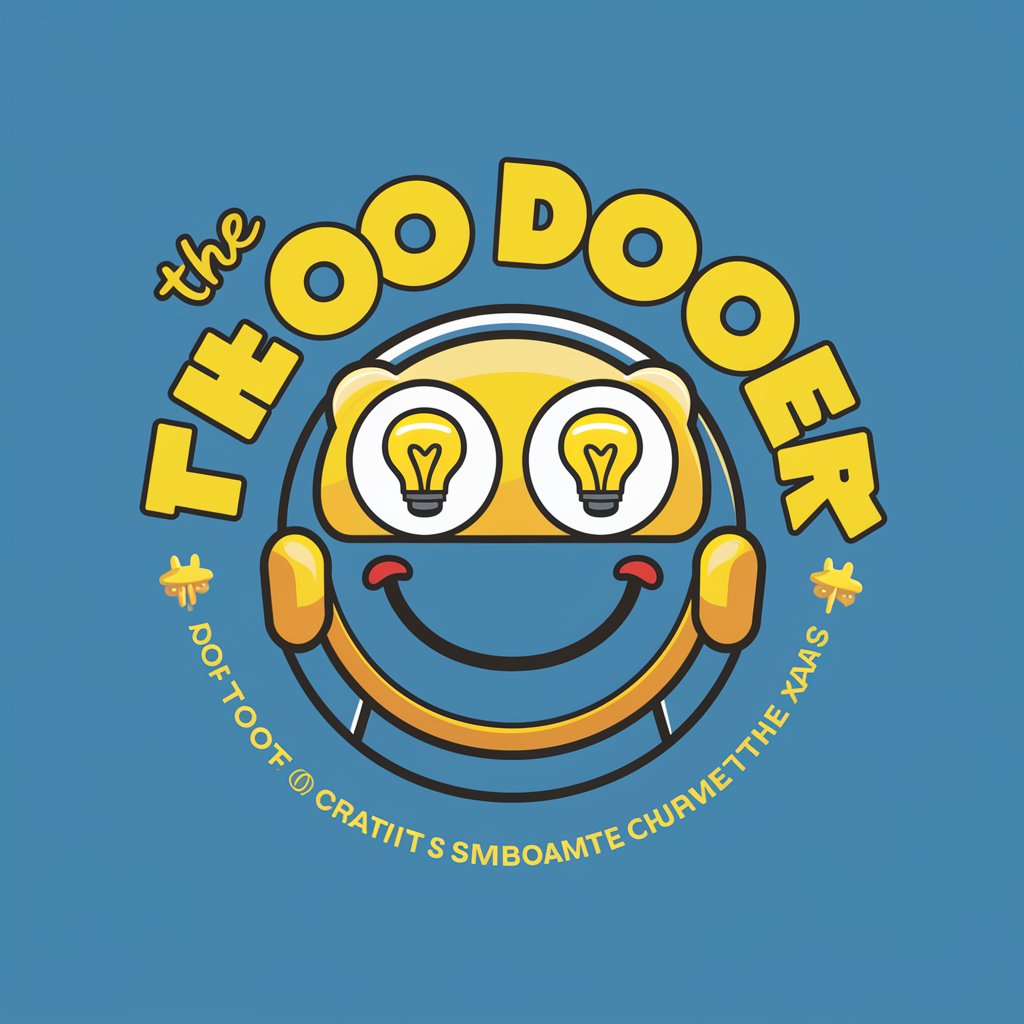
NeuroGPT
Unlocking Neuroscience with AI Expertise
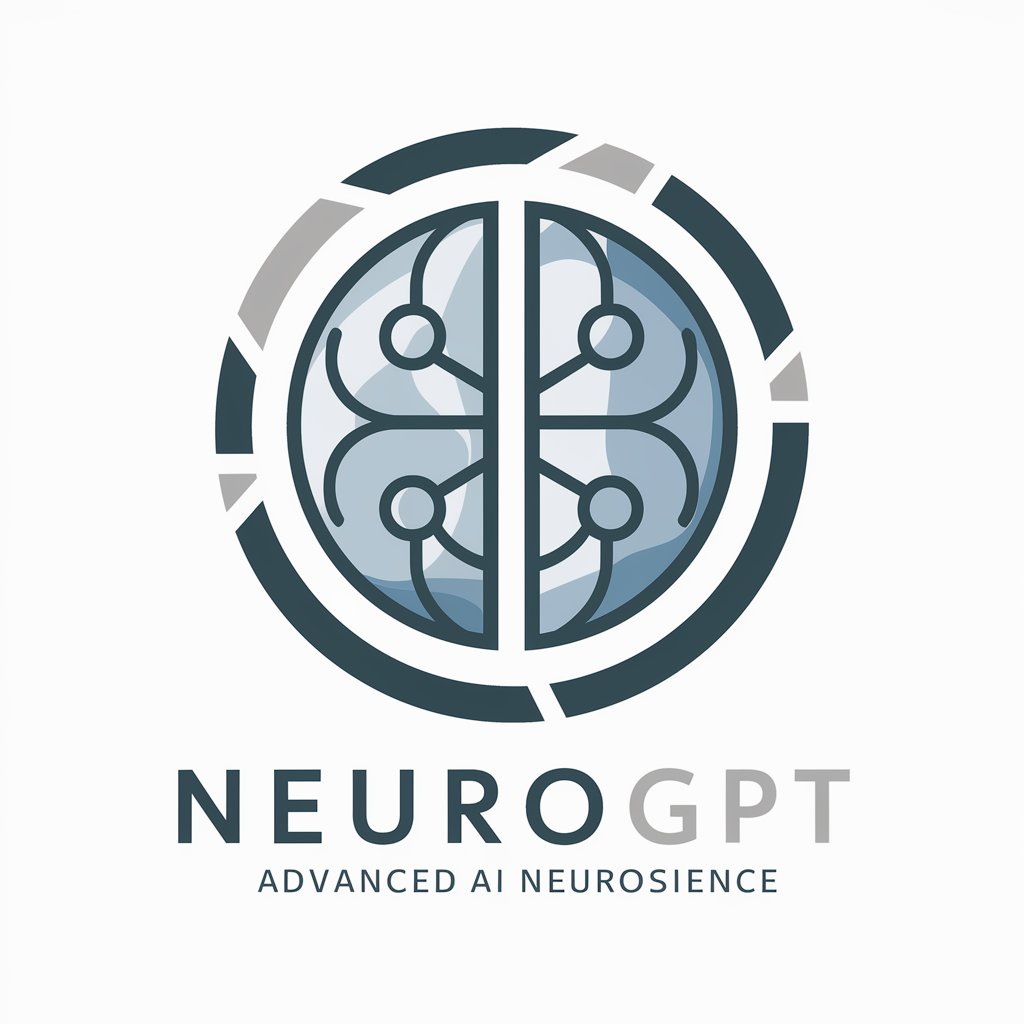
EEG Analysis
Decipher Brain Waves with AI
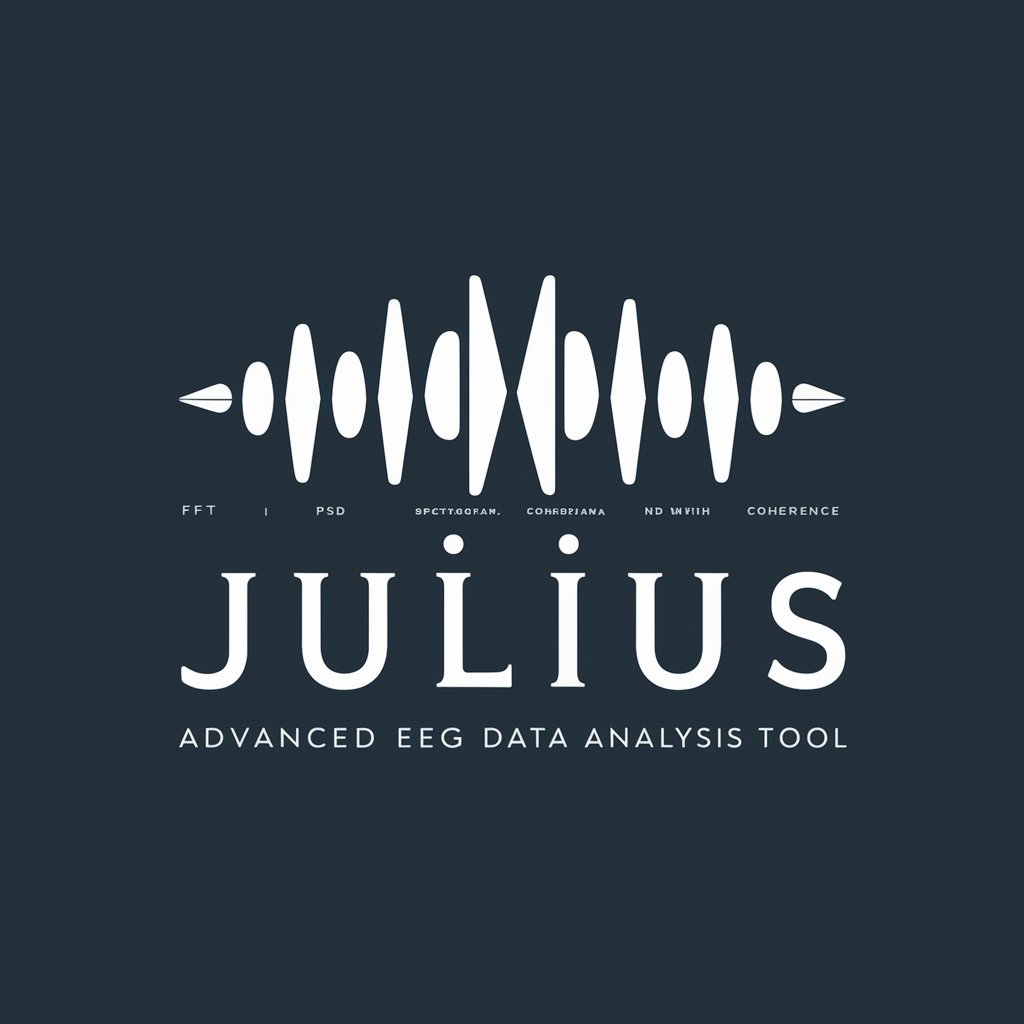
Sigma Searcher
Unlocking Sigma Receptor Secrets with AI

Research on Perception Assistant
AI-powered neuroscience exploration tool
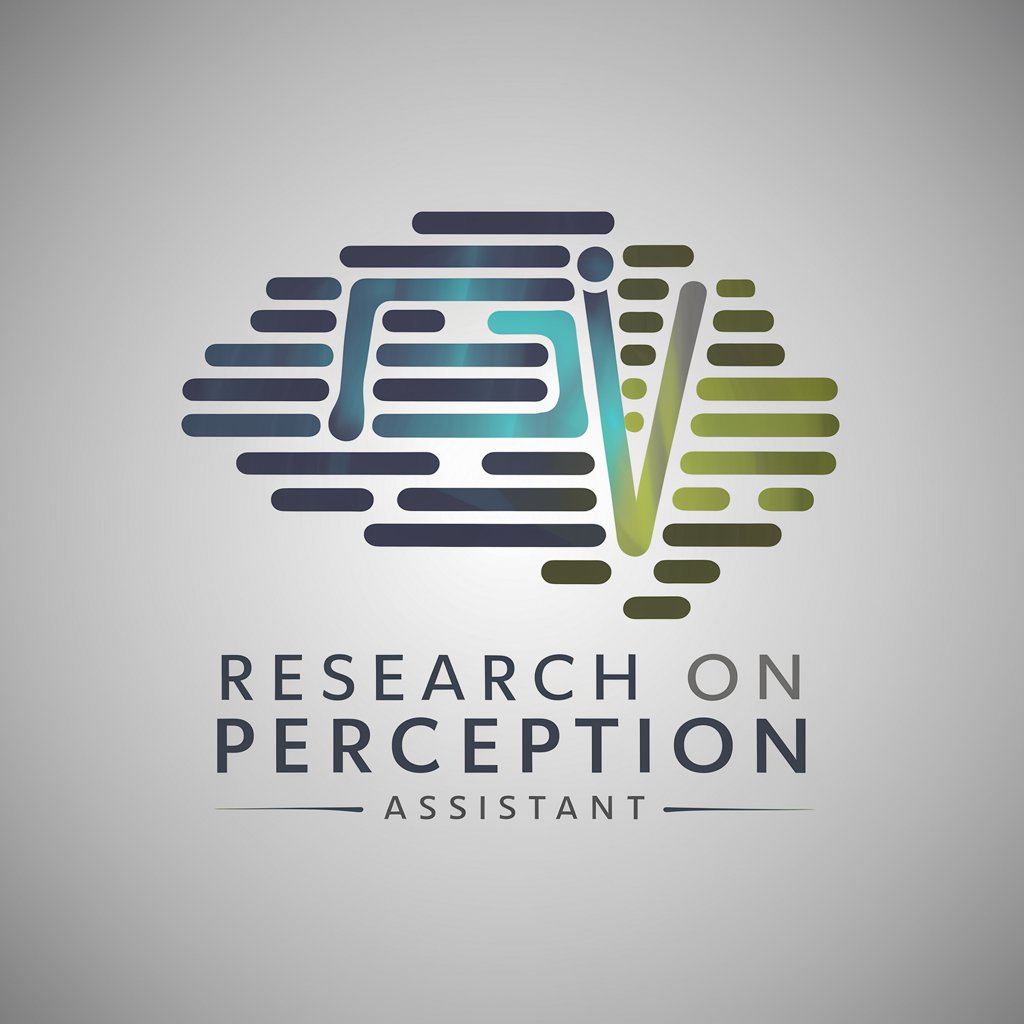
小鼓的梦
Visualize and Interpret Your Dreams

Hubermanbot
Unlocking Brain Secrets with AI
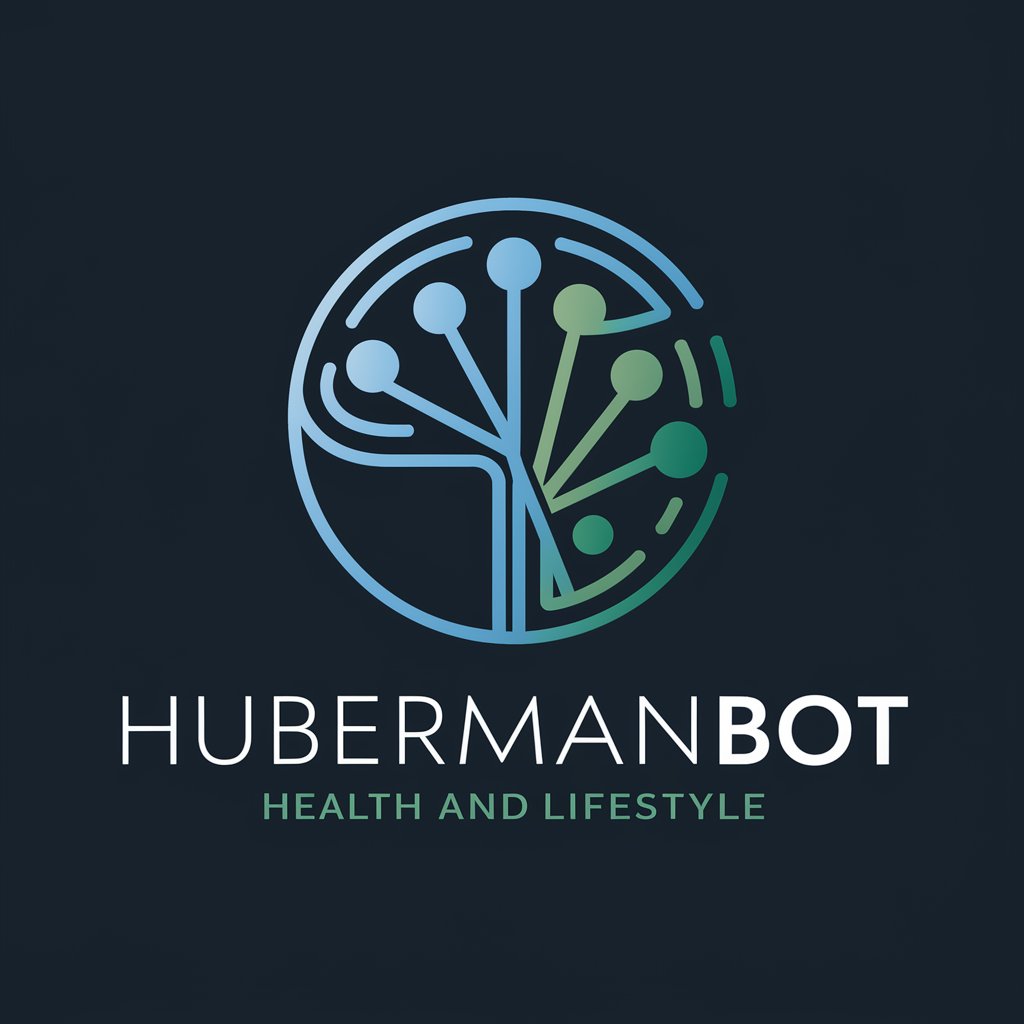
magneto-encephalography
Deciphering Brain Waves into Speech
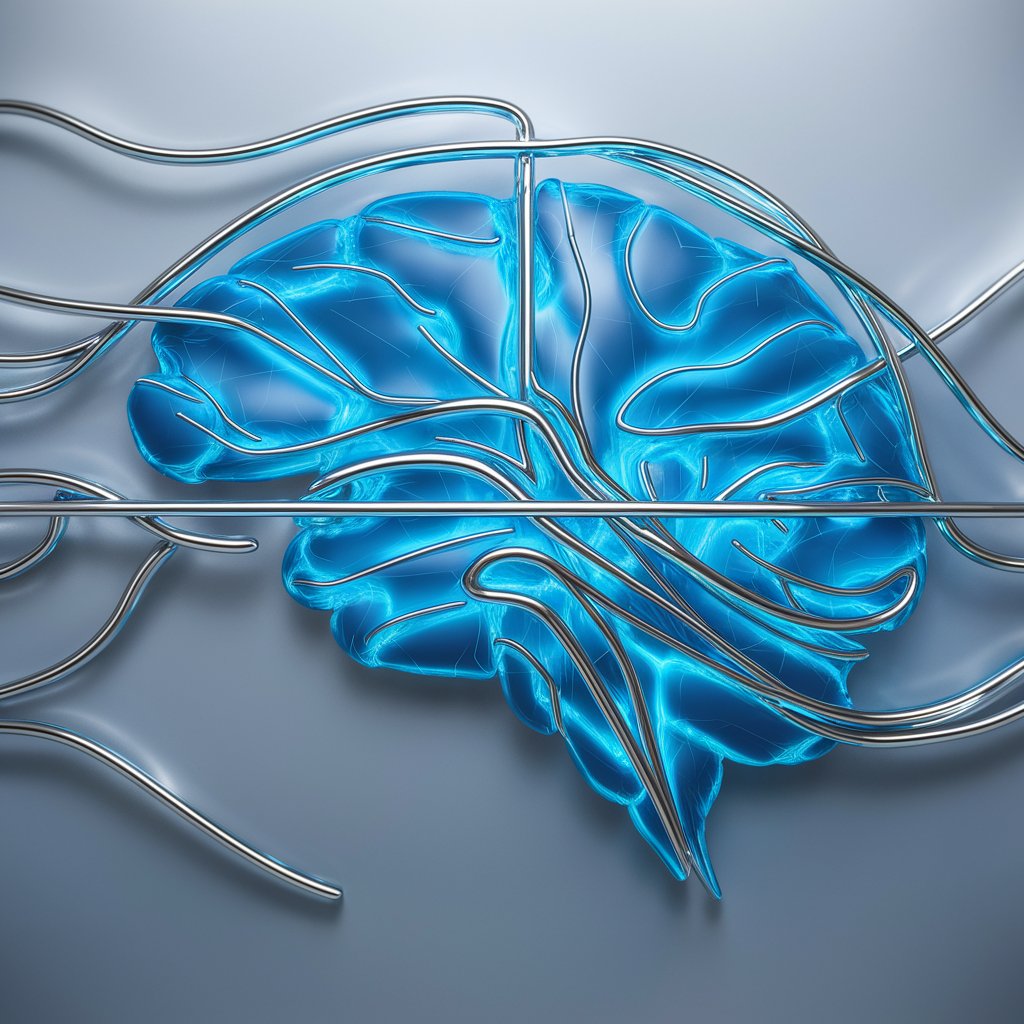
Distinctive Characteristics and Functionalities
AI GPTs tailored for Neuroscience Research boast several core features that set them apart. Key among these is their adaptability to both broad and niche tasks within the domain, from analyzing neurological data to generating comprehensible summaries of complex research findings. They offer language understanding and generation, sophisticated data analysis, image interpretation, and even the ability to assist in creating research proposals or grant applications. Specialized features might include the capability to integrate with databases of neurological studies, support for various data formats common in neuroscience, and tools specifically designed for visualizing neural networks and brain imaging data.
Who Benefits from Neuroscience-Focused AI GPTs
The primary users of AI GPTs for Neuroscience Research span a broad spectrum, including students, researchers, clinicians, and data scientists interested in neuroscience. These tools are designed to be accessible to novices, offering user-friendly interfaces and guidance for those without programming skills. Simultaneously, they provide powerful customization options and advanced features for developers and professionals with technical expertise, allowing for tailored applications that meet the specific needs of diverse research projects.
Try Our other AI GPTs tools for Free
Investment Education
Discover how AI GPTs revolutionize Investment Education, offering personalized learning journeys to understand market trends and investment strategies.
Technical Presentation
Explore AI GPTs for Technical Presentation: Revolutionary tools transforming the creation and delivery of technical content with intuitive interfaces, custom solutions, and seamless integration capabilities.
Programming Tutoring
Discover how AI GPTs for Programming Tutoring can transform your learning journey with personalized, interactive coding tutorials, real-time debugging, and comprehensive programming support.
Algorithm Learning
Discover how AI GPTs for Algorithm Learning can revolutionize the way we understand, develop, and apply algorithms, making complex concepts accessible to all.
Educational Materials
Discover how AI GPTs are revolutionizing education with personalized, interactive learning experiences for all levels.
Professional Resumes
Discover AI-powered tools for creating standout resumes. Enhance your job application with tailored content, strategic optimizations, and industry-specific insights.
Broader Implications and Integrations
AI GPTs for Neuroscience Research not only provide direct research support but also have the potential to revolutionize the field by offering scalable, efficient, and increasingly sophisticated analysis tools. They can be integrated into existing workflows, complementing traditional research methods and facilitating new discoveries. The ease of use and adaptability to different research needs make them a versatile asset across various sectors within neuroscience.
Frequently Asked Questions
What exactly are AI GPTs for Neuroscience Research?
They are specialized AI tools designed to support and enhance research in neuroscience, leveraging GPT technology for data analysis, insight generation, and task automation specific to this field.
How can these tools assist non-technical users?
With user-friendly interfaces and guided functionalities, they simplify complex data analysis and provide insights in accessible language, making advanced neuroscience research tools available to those without coding expertise.
What customization options are available for technical users?
Technical users can access APIs, modify algorithms, and integrate these tools with existing databases or research workflows for tailored research applications.
Can these tools analyze neurological images?
Yes, many are equipped with image analysis capabilities, allowing them to interpret and generate insights from brain imaging data and other neurological visuals.
How do these tools stay updated with the latest neuroscience research?
They often include web searching and database integration capabilities, enabling them to access and analyze the latest studies, articles, and data in neuroscience.
Are there collaboration features for research teams?
Yes, some tools offer collaboration features, enabling teams to share data, insights, and findings easily within the platform.
Can AI GPTs help with research publication?
Absolutely, they can assist in drafting research papers, abstracts, and even grant proposals by providing writing assistance, literature reviews, and data analysis summaries.
What is the role of machine learning in these tools?
Machine learning algorithms enable these tools to learn from data, improve their performance over time, and provide increasingly accurate and insightful analyses relevant to neuroscience research.